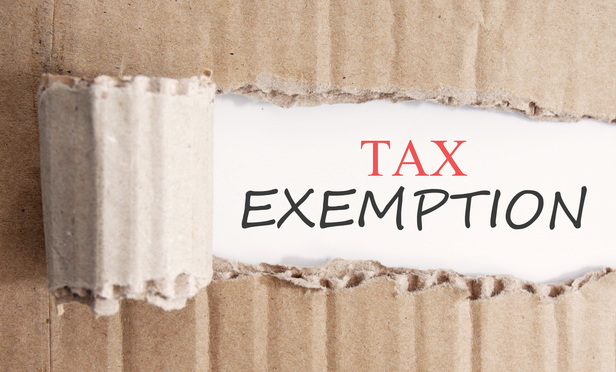Clergy can say whatever they want about political candidates, but taxpayers shouldn’t be forced to subsidize this speech by providing tax exemptions. Since 1954, when a Republican Congress and president enacted what is referred to as the “Johnson Amendment,” churches and other 501(c)(3) nonprofits have been prohibited from lobbying for specific causes, or from campaigning for or against particular candidates.
President Trump has made no secret of his disdain for the amendment and recently said, in his usual blunt manner, he would seek to “destroy it.” If the amendment were to be repealed, not only would pastors and other clergy be able to endorse or oppose candidates, but churches and other houses or worship, as well as other tax-exempt corporations, could become political powerhouses, able to harness multi-millions worth of donations or endorsements into a political system already reeling from an injection of cash spurred by Citizens United v. Federal Election Commission—the U.S. Supreme Court decision that found restrictions on certain kinds of corporate and labor contributions an unconstitutional restriction on speech. (The holding in Citizens United has not been extended to 501(c)(3)s, presumably in view of the Johnson Amendment.)



